A calculator is a handheld electronic device used for doing arithmetic calculations. It performs a variety of arithmetic operations, stores numbers in its memory, and is programmed to perform certain functions. They are most useful in mathematical applications, such as calculating interest rates or converting currency. Listed below are some functions of a calculator. If you are unfamiliar with them, keep reading to learn more about them. Also, consider what a calculator can do for you.
Calculators perform arithmetic operations on numbers
A calculator is a device that performs arithmetic operations on numbers. It has a computer memory that stores numbers, typically in decimal form. Some calculator models store many numbers in variables, allowing them to store large numbers without compromising speed. These devices can perform many simple addition and subtraction operations quickly and efficiently. Some models also have the ability to expand their memory. The extended memory address is known as an array index.
The ANITA had a full keyboard, similar to mechanical comptometers, and weighed 33 pounds because of its large tube system. The ANITA was developed by Bell Punch, a company that had been producing mechanical calculators such as the Sumlock and the Napier bone for decades, but realized that electronic calculators were the future of computing. This device was the first digital desktop calculator and was fast and silent.
They can perform complex calculations
Computers can perform a variety of tasks, including mathematical calculations. Calculators, on the other hand, are primarily used for simple mathematical calculations. Unlike a computer, which can access lower-level hardware and run machine-language programs, calculators only work with numbers. By contrast, a computer can also process letters and display the results in a variety of formats, such as words or graphs. Some calculators even integrate with point-of-sale devices, such as credit cards.
A calculator’s capabilities are limited, however. While computers can do most complex calculations, calculators are limited in how they can do them. A calculator’s limited functionality means that it must be used for simple calculations only. Computers, on the other hand, can carry out complex operations that would require an expert to perform. Typically, computers have a huge library of programs to perform the calculations that you require. Regardless of which type of calculator you use, you’re sure to find one that fits your needs.
They store numbers in computer memory
Like a computer, calculators store numbers in computer memory. The basic calculators store one number at a time, while the more sophisticated models can store many numbers in variables and use them in formula construction. Some calculator models also expand their memory capacity through a feature called array index. In addition, most calculators have a built-in memory expander for changing the contents. But before you use one, you should know what a calculator is.
A computer has both internal and external memory to store data. Calculators are limited to storing numbers and letters. But a computer’s memory can store multiple programs or data and will never slow down. Computers store data in two basic types of memory: volatile and nonvolatile. The former is the most common type of memory. The latter is more expensive and contains larger storage space. However, both computers and calculators are useful for math problems.
They can be programmed to perform certain functions
Depending on the type of calculator, programs can be written on the calculator itself or on the PC side of the device. On the calculator side, they can be uploaded in the form of source code or compiled code, depending on which programming language is used. Some calculators have C/C++ implementations, while others use C modules for programming. Third-party projects include code generators, interpreters, and compilers. Many calculators can also be programmed to run programs written in C or Fortran.
TI-BASIC is an example programming language. This language is widely used and is commonly adapted for desktop and pocket computers. The calculators from TI and Casio use proprietary dialects of BASIC that combine the advantages of mainstream BASIC with keystroke programming. The Ti-89 calculator supports a more sophisticated version of TI-BASIC, and BBC Basic is available for TI-83 calculators.



